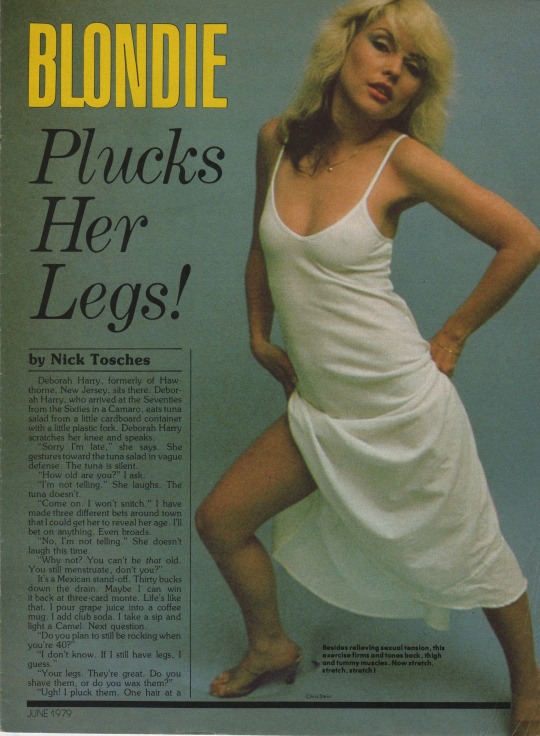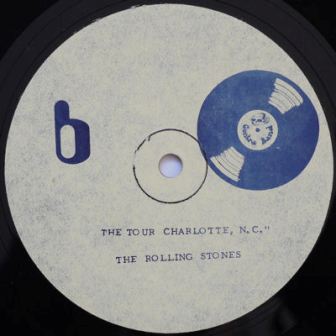Nick Tosches
“The finest rockstar bio ever.” - Robert Christgau

Both Tosches and Robert Palmer, author of another current Jerry Lee Lewis bio, have taken a different route to the rockbook in the past: the pop text. Not surprisingly, neither elected to cover rock and roll per se — unless you count Sound Effects. Nik Cohn’s Rock from the Beginning, a history published more than half the music’s lifetime ago, remains the only honorable attempt at that Sisyphean undertaking ever essayed by an individual acting alone. Tosches’s 1977 Country: The Biggest Music in America is pure gonzo scholarship, so outrageous that I felt let down when jacket copy that began
“If you’re looking for a cogent, comprehensive history of America’s most popular music…” didn’t continue “…then steal Bill C. Malone from the library, sucker.”
Alternating garish anecdotes, many apocryphal and several completely made up, with the kind of catalogue-number fanaticism only record collectors can read without artificial stimulants, Country attempts to prove that America’s most conservative popular music is in fact its most radical. Where Marxist George Lipsitz makes a similar case by doggedly documenting the music’s class origins and consciousness, Tosches’s book is all fucking and fighting and getting high. As history, it’s partial and absurdly distorted. But as vision, it’s hilarious and instructive, a perfect rockbook combo; it’s not the key to country music, but it breaks down some doors.
Palmer’s Deep Blues, published in 1981 and just out in paper from Penguin, is something else entirely — the best book available on a subject that’s always inspired passionate erudition. Although I’m not enough of a blues scholar to attest unequivocally to its originality or accuracy, I guarantee its scope, coherence, and grace. Tracing the blues back to Will Dockery’s plantation in northwestern Mississippi, where in the 1890s guitarist Henry Sloane (teacher of Charley Patton, student of ??????) was heard to play something damn similar, Palmer follows the tradition to its international present with an admirable sense of proportion (except when he overplays his good source Robert Junior Lockwood).
Because Delta blues is his subject, he barely touches on the East Texas strain, but that’s regrettable only because he would have made such a good job of it. He completes his self-appointed task superbly, especially the stopover in Chicago with Muddy Waters and his numerous nephews. This is a pop text, yes, but it’s also where to start exploring the source of all rock and roll. A rockbook and then some.

















